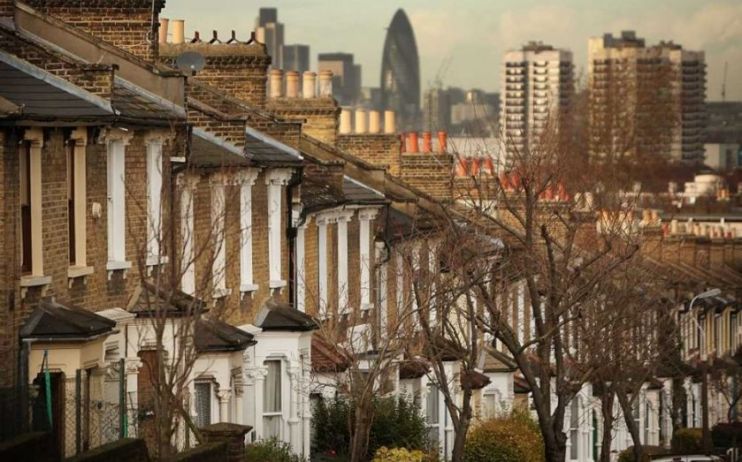USwitch urges government to offer more support to households amid soaring energy costs

USwitch has called on the government to offer urgent targeted support to vulnerable UK households, following reports the consumer price cap could rise as much as 50 per cent next April.
The price comparison site warned that millions of households could be thrown onto the energy breadline unless the government intervenes.
The company’s energy policy expert Justina Militienyte said: “With predictions of a near £2,000 price cap on the way, many households could be faced with the stark choice of heating or eating if action is not taken to support them in the coming months.”
Last week, 20 Tory MPs and peers submitted a joint letter to The Telegraph calling on the government to scrap VAT and environmental charges, estimating it would cut £200 from household bills.
However, the requests appear to have fallen on deaf ears with the government currently maintaining the environmental levies and five per cent VAT rate.
While the proposed savings would not offset soaring bills next Spring, Militenyte considered it “alarming” that the government dismissed the idea “so hastily without an alternative, at a time when consumers are bracing themselves for a catastrophic bill hike.”
The price cap is reviewed every six months by market regulator Ofgem, and then set based on forecasts for expected future market conditions.
It was raised 12 per cent in October to £1,277 per year, but wholesale costs have increased significantly since then placing further pressure on the industry.
The expected price hikes will also reduce the effectiveness of the Warm Home Discount, which currently provides a £140 saving to 2.2m UK households over winter.
She said: “While the government continues to rely on Warm Home Discount as a way to help the most vulnerable, the support is nowhere near enough and the payments should be automatic for all who qualify. Now is the time for the government to act, and fast.”
Government and Ofgem still looking for solutions to energy price crisis
Business Secretary Kwasi Kwarteng held talks with industry leaders last month, with both parties agreeing that consumers needed to be further protected from incoming price hikes – however no specific measures were established.
Meanwhile, Chancellor Rishi Sunak has cautioned Tory MPs that the government’s ability to keep prices down for households is limited due to soaring wholesale costs, with the government already committing billions of pounds during the pandemic to protect livelihoods and businesses.
Ofgem chief executive Jonathan Brearley acknowledged last month that prices will go up next Spring to reflect market conditions.
Speaking to the Today Programme on BBC Radio 4, he said: “The price cap has done a good job for consumers…but where you have legitimate price increases, those costs have to be passed on to consumers.”
So far, 25 energy firms have either ceased trading or entered administration over the past three months, affecting four million consumers.
Many of the collapsed firms have cited the energy price cap as a key factor in their demise, with the industry putting pressure on the government and market regulator Ofgem to reform the cap so that suppliers can spread costs to consumers.
This includes Bulb, the UK’s seventh biggest energy supplier and home to 1.7 million, which is now being propped up by public money this winter.
In its administration statement, the energy supplier revealed the current price cap meant it could only charge consumers 70p per therm even though it was costing Bulb £4 per therm to supply energy.
The government has set aside £1.7bn to keep Bulb afloat over the winter before a buyer is found, with taxpayers potentially facing a £1bn bill.
Meanwhile, the supplier of last resort process which has shifted consumers from defunct suppliers to surviving energy firms could leave UK consumers on the hook for a £3.2bn bill, according to Investec – which could cost households an extra £120 a year.
These costs, combined with the expected rise in the price cap, will add further pressure to UK households this winter already struggling with inflationary pressures and supply chain difficulties.
Ofgem is currently reviewing the price cap and is consulting with groups across the industry, with findings expected next month.